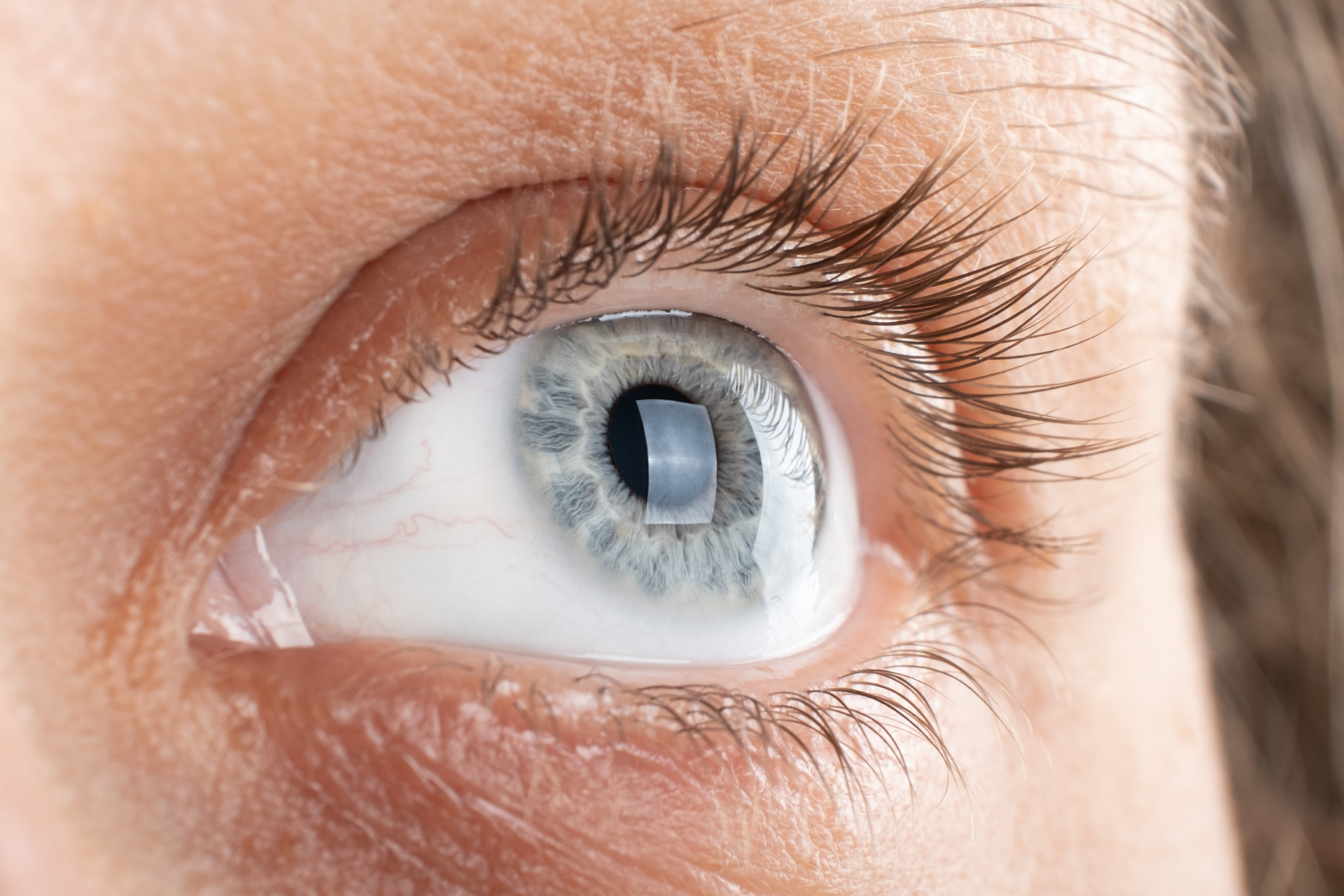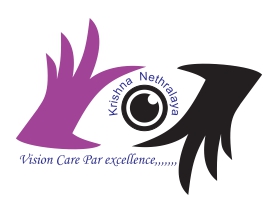Home > Cornea
On this page, we will indulge in discussion on various aspects of the cornea in the human eye. The cornea is the transparent outer part that acts as protection for the eyes. Like a shield, it prevents the entry of harmful foreign particles inside the eyes. Also, the cornea regulates the entry of light into our eyes and gives clear eyesight.


The cornea is shaped in the form of a dome, and any changes in its shape result in refractive problems. In normal conditions, the length of the cornea is 12mm, and its height is 11mm. The cornea is responsible for about 70% of the focusing power of the human eyes. It is crucial to take optimum care of the cornea from being damaged. A slight irritation in the cornea can lead to massive vision problems. Conditions like redness in the eyes, blurred vision, or the eyes becoming watery can indicate a corneal disorder.
Early detection of corneal disorders is essential. We suggest our patients visit our clinic if they feel even a slight discomfort in their eyes. Our experts are known in the world for providing the best treatment for all conditions related to corneal disorders. We have the latest technologies and modern tools for preventing and curing cornea-related issues. Our aim is to provide patient-friendly services to ensure that our patients get the best and most comfortable experience at our clinic.
Corneal transplantation has become a popular surgical procedure with a higher rate of success in the present times. When all other treatment options fail, eye specialists recommend corneal transplantation. The infected cornea is replaced by a donated cornea that has healthy tissues. Also known as corneal grafting, it is a common process of organ transplantation, ensuring healthier eyesight for patients. All kinds of corneal transplantation services are available at our clinic. Our expert hands are efficient in managing corneal transplantation procedures and ensuring healthy eye conditions for our patients.
There are certain cases where the cornea gets affected and needs immediate care. For such emergencies, we have a proficient team of trauma care providing you service for optimum care of your eyes. Injuries to the cornea include-
Such occurrences may lead to acute eye problems if not treated on time. Our experts are here to guide you and provide emergency treatment to minimize the effect of accidental occurrences on your eyes.
Eye infections need efficient management and care to reduce risks to our eyesight. Without proper treatment, eye infections can result in vision problems like blindness. Some of the infectious corneal diseases are-
It is essential that we visit an ophthalmologist for eye treatment whenever we encounter any discomfort in the eye. Our experts will provide a comprehensive plan for treating infectious diseases that otherwise might lead to complex eye conditions.
Dry eye has become a chronic eye problem in present times. It is a condition where insufficient production of water causes dryness in the eye. Dry eyes occur with old age and changes in environmental conditions. But the leading cause of the occurrence of dry eyes in the modern world is increasing exposure of the eyes to digital mediums like computers or smartphones. Medical researches show that a healthy eye blinks 16 to 18 times in a minute. Increased screen times reduce the rate of blinking, causing evaporation of water from the eyes. Also, wearing contact lenses for a prolonged period leads to dryness in the eyes. Our experts are here to provide you with guidance on the conditions of dry eyes. With our modernized treatment plans, we strive to serve you better and ensure optimum care for your eyes.
Contact lenses can provide an effective solution for corneal problems. We provide high-quality contact lenses to correct corneal problems and ensure clearer vision. Some of the types of contact lenses include-
These lenses are designed by keeping in mind the various corneal problems. Our experts will prescribe the right type of lens and guide you through the process of wearing and maintaining it to achieve brighter and healthier eyesight.
You will feel certain abnormalities in your eyes if you have corneal disorders. There will be signs that will indicate corneal problems. Some common signs are-
Advancement in medical conditions has led to the invention of comprehensive eye examinations that detect corneal problems. Some of the eye examinations that help ophthalmologists to detect corneal problems are-
Depending upon the problem, your specialist will decide whether surgery is required. In case of complex problems, surgery may be essential. However, doctors try to cure mild corneal problems with medications.
First, clean your hands properly before wearing a contact lens. While wearing a lens, place it correctly in your eyes. Follow the safety measures provided by your doctor. Avoid wearing lenses for a longer duration and also while sleeping.
The recovery period depends on individual health conditions. Some take a few days, while other patients require around a month to recover completely after the surgery. It is crucial to follow the advice of the eye specialist for a faster rate of recovery.
The white spot on the cornea is an abnormality in the eyes that may result in blindness. There can be many reasons for the occurrence of the white spot. Some of them are-
Healing depends on the complexity of the injury. Mild injuries like scratches can heal with time. However, deeper cuts will require professional treatment for healing and a complete cure.
A healthy lifestyle enhances corneal health. Some essential tips are-
Corneal transplantation is a common and beneficial surgical method for curing corneal problems. The process usually cures corneal problems and helps patients to get an improved eye-sight.
Dry eyes refer to the condition where the eyes are unable to produce natural tears. Eye specialists treat such a condition with eye drops and artificial tears. Lifestyle medication and taking proper care of the eyes reduce eye irritation and improve tear production in the eyes.
Stay connected with the latest advancements in eye care and receive exclusive insights by subscribing to our informative newsletter

Discover unparalleled eye care at the best eye hospital in Yelahanka. Our renowned facility, led by the best eye doctors in Yelahanka, is dedicated to preserving your vision and enhancing your ocular well-being.
Copyright © 2022. All rights reserved by krishna nethralaya